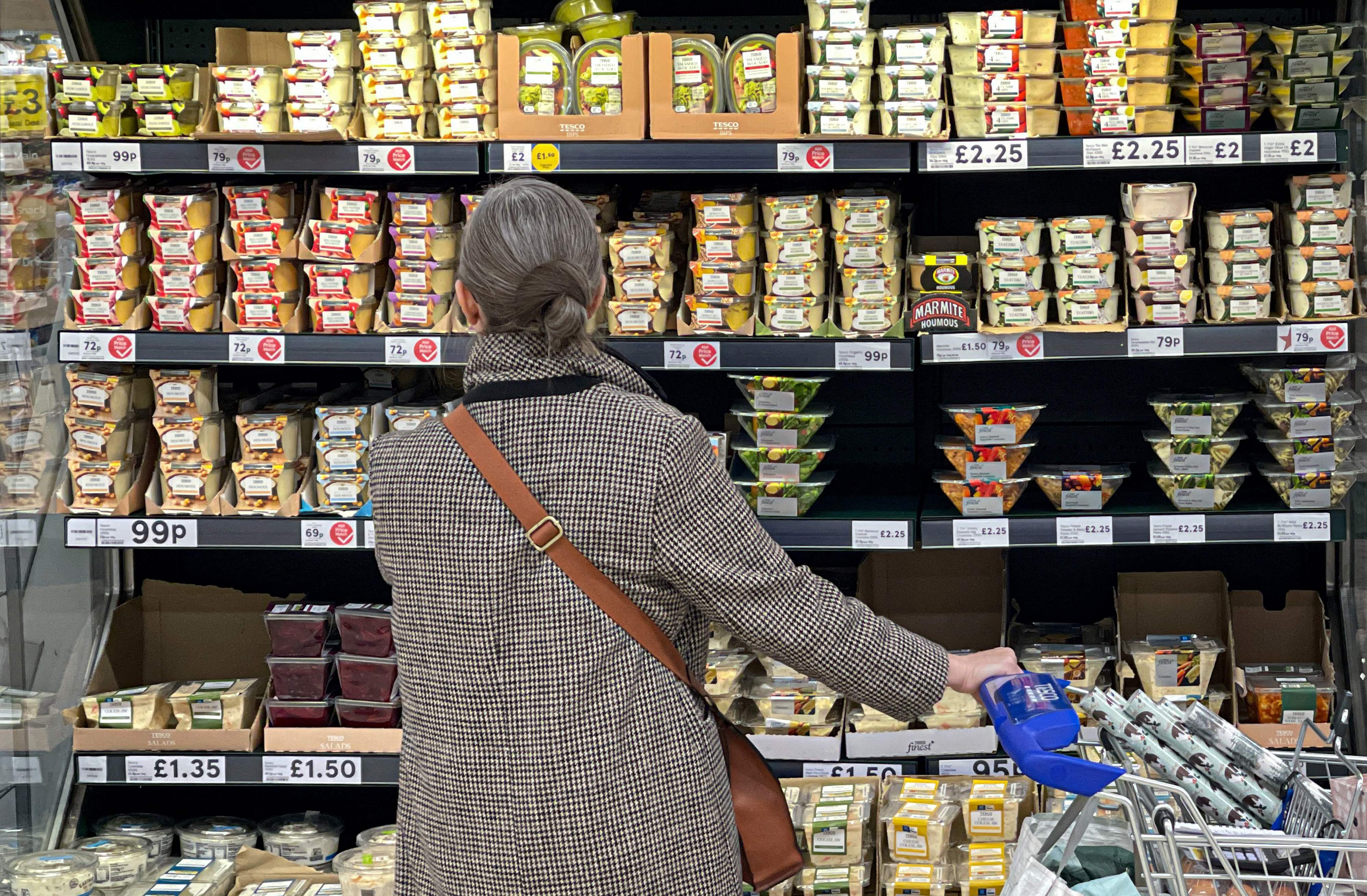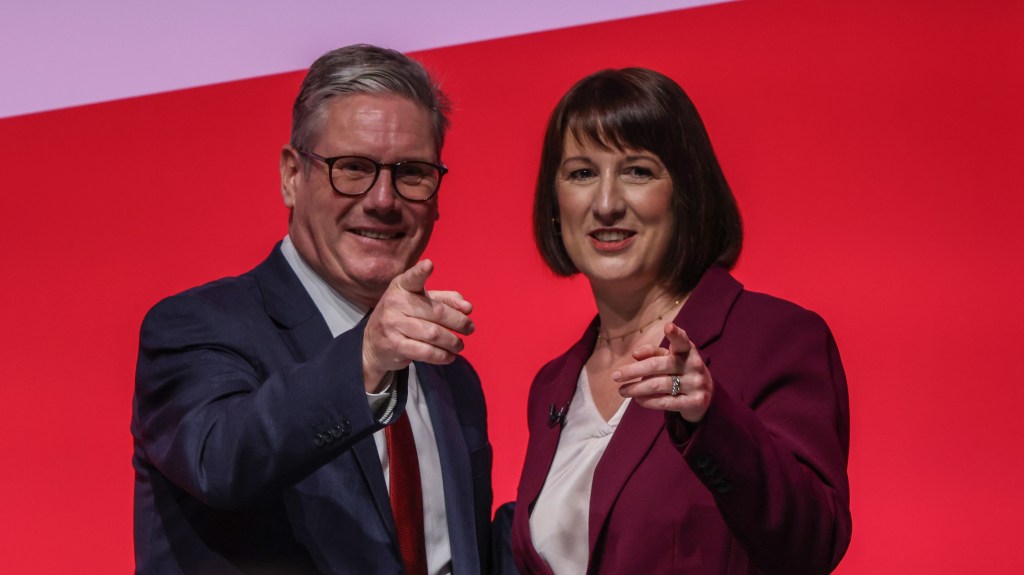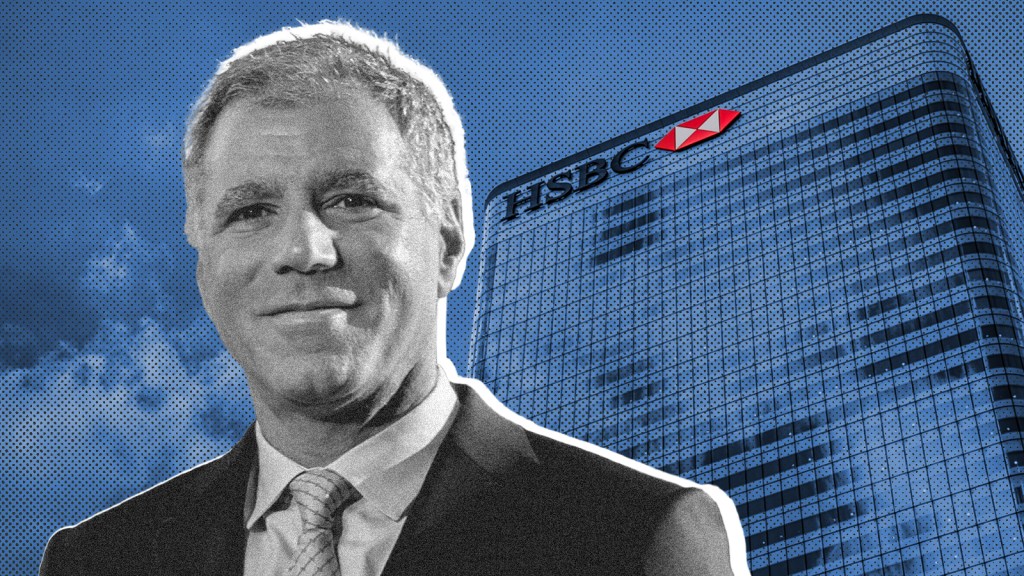Rachel Reeves’ Upcoming Budget 2024 Decisions and Implications
During her Labour Party conference speech, Rachel Reeves made a strong declaration: under her leadership as Britain’s first female chancellor, there will be “no return to austerity.”
She assured attendees that public spending would increase in real terms, backed by a combination of tax hikes and some additional borrowing as part of the budget announcement scheduled for October 30.
Since Reeves and Prime Minister Sir Keir Starmer have ruled out raising the main rates of income tax, national insurance contributions, and VAT, they will likely need to adjust less significant areas of the tax framework to accumulate revenue.
Labour has persistently argued that the Conservative government’s fiscal mismanagement has resulted in a £22 billion deficit that necessitates “difficult decisions.” What options does Reeves have available next month?
Income Tax
The Treasury is projected to generate over £1 trillion from taxes this year, as per the Office for Budget Responsibility. Notably, income tax will account for around 30 percent, or approximately £303 billion, marking it as the primary source of government revenue.
The chancellor could consider augmenting this revenue without altering the main income tax rates by adjusting the income threshold levels where these rates (20%, 40%, and 45%) apply.

The Institute for Fiscal Studies (IFS) suggests that lowering the personal allowance or the basic-rate threshold by 10 percent could generate an additional £10 billion and £6 billion per annum, respectively.
The ongoing freeze on income tax thresholds, initiated by Rishi Sunak in March 2021, has pulled more taxpayers into higher rates due to salary increases.
Pensions
Currently, pension contributions receive income tax relief up to a specified limit (typically up to 100% of annual income), and pensioners are taxed upon withdrawal. This system aims to ensure pensions are taxed only once, during actual usage.

However, critics argue that some pensioners are receiving higher tax reliefs and paying tax at the lower basic rate, thus benefitting disproportionately. The IFS estimates that limiting the initial tax relief on pension contributions to the basic rate could generate about £15 billion annually. Alternatively, making employers responsible for national insurance on pension contributions could yield £12 billion over five years, according to the Resolution Foundation.
Capital Gains
The chancellor could contemplate either raising the main capital gains tax rate, which hovers around 10% to 20%, or broadening the types of assets subject to this tax. This alignment of capital gains with income taxes may deter investment, however.
Any increase in capital gains tax rates or asset categories could potentially be offset by inflation adjustments. Currently, tax is applicable on inflation-driven increases without reflecting the genuine appreciation in asset value.
Inheritance Tax
Generating around £8 billion annually, inheritance tax remains one of the UK’s smaller tax categories. Only about 4% of deaths incur this tax, yet it is often criticized as double taxation.
_Options exist for Reeves to enhance the effectiveness of the inheritance tax system._

The IFS stated that eliminating or capping unjustified exemptions for pension wealth, business assets, and agricultural land could increase revenues by approximately £2 billion per year, assuming no changes in behavior. Abolishing or limiting business and agricultural relief under inheritance tax could also be an avenue to explore for additional revenue.
Fuel Duty
Conservative chancellors have frequently delayed increases in fuel duty. Had fuel duty been annually adjusted in accordance with the retail price index since 2011, the Treasury would be realizing an additional £19 billion now.

There is a strong likelihood that Reeves will deviate from this norm, potentially generating around £6 billion for the government. Such a move could support a shift from petrol vehicles to more eco-friendly alternatives, especially if complemented by incentives for electric vehicle adoption.
Property Taxes
While economic consensus can be elusive, one has formed around the inefficiency of stamp duty. Both the Organisation for Economic Co-operation and Development and the IFS have suggested its abolishment at a cost of approximately £13 billion.

Currently, properties sold for £250,000 or less are exempt, while the subsequent £675,000 inherits a 5% levy, peaking at 12% for the highest-value homes. The IFS notes that stamp duty “has a claim to be the most economically damaging tax in the UK, causing inefficiencies in both the housing and labor markets and hampering growth.”
Private Equity Profits
This past July, the Treasury solicited insights from private equity firms concerning the tax structure on profits earned by private equity executives.
These executives often receive “carry” or “carried interest”, taxed at 28%, akin to capital gains tax, rather than the higher combined rate of income tax and national insurance, which reaches 47%. Reforming this could plausibly account for an additional £2 billion in taxes, conditional on behavior adjustments potentially reducing overall tax revenue.
One-off Taxes
Banks have capitalized on not fully transferring the Bank of England’s interest rate hikes to savers, experiencing a wider “net interest margin.” Reeves might contemplate implementing a one-off tax to recapture some of this surplus.
Though there has been speculation and urges from labor unions for a wealth tax, Reeves has dismissed this notion. However, the idea of crafting a new tax similar to past initiatives may pique her interest, reminiscent of the health and social care levy introduced by Boris Johnson and Rishi Sunak in September 2021, which was subsequently revoked by Liz Truss and Kwasi Kwarteng in 2022.
Fiscal Rules Adjustments
Furthermore, Labour sources have indicated that Reeves, despite previous resistances, may contemplate revising fiscal rules to secure funding for investments. This could involve minimizing the effects of the Bank of England’s bond sales on public finances, potentially yielding approximately £15 billion.
Reeves is committed to balancing the current budget while aiming to decrease the debt-to-GDP ratio within the timeframe established by the OBR’s forecasts.






